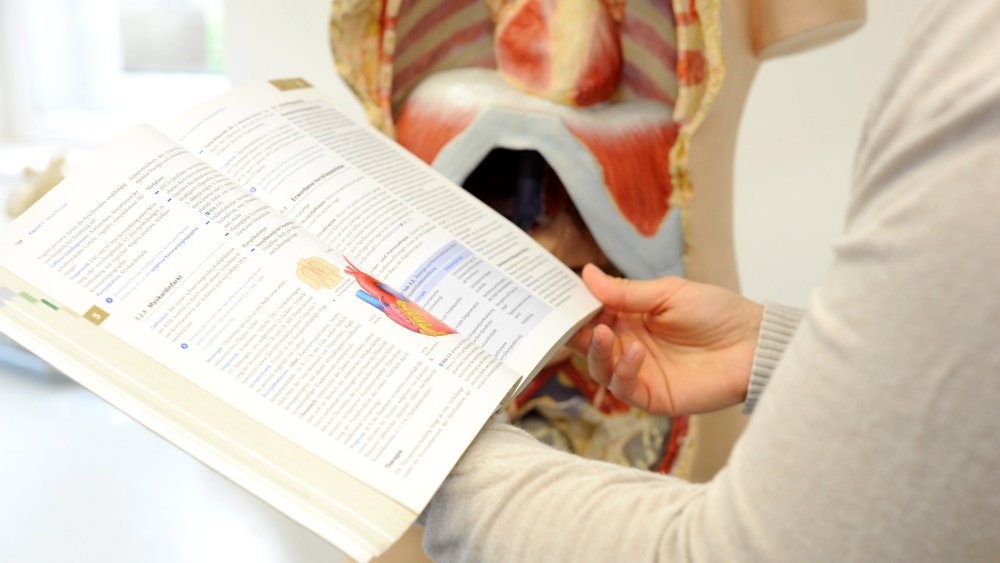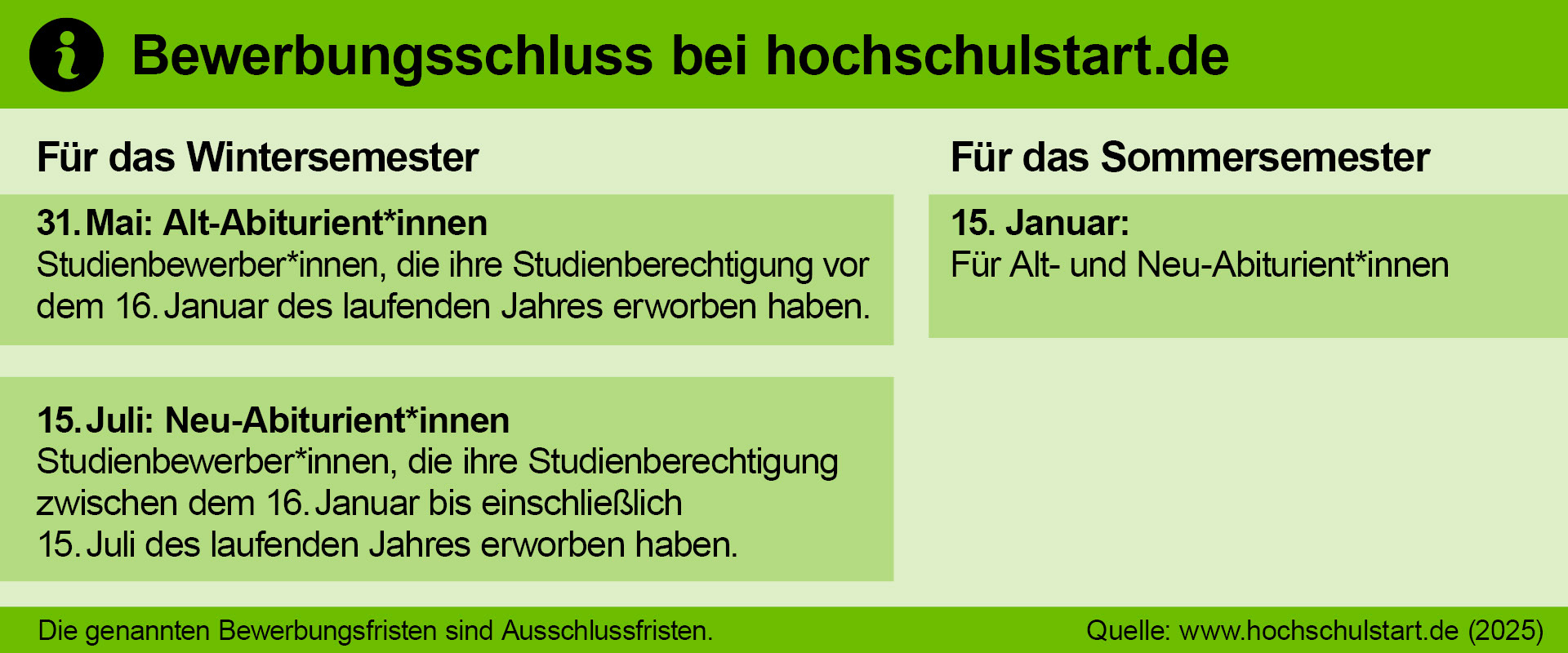For the nationwide admission-restricted degree programme in Human Medicine, you can also apply for a study place via the quota for so-called rural doctors or the quota for the public health service (ÖGD) for future public health officers.
These special preliminary quotas run outside the usual main quotas (see above) and are regulated by law in the federal states.
Applications are submitted directly to the responsible authorities in the federal states, for example the Bavarian State Office for Health and Food Safety, and are processed by them. Important: You must first register in the DoSV application portal of Hochschulstart; however, the further procedure is independent of the competition in the regular award procedure.
Based on the documents and evidence you submit, the relevant authorities will decide whether and at which university in the respective federal state you will be awarded a place. When applying, you can indicate which universities you prefer.
Applicants who choose this route undertake, upon successful admission, to study in the relevant federal state and to work as a public health officer in the public health service for the first few years of their career or to establish themselves as a rural doctor in underserved, mostly rural regions of the federal state. To this end, a contract is concluded between the federal state and the applicant, which regulates the exact conditions.
The following federal states offer the route into medical studies with the help of a rural doctor quota:
- Baden-Wuerttemberg
- Bavaria
- Hesse
- Mecklenburg-Western Pomerania
- Lower Saxony
- North Rhine-Westphalia
- Rhineland-Palatinate
- Saarland
- Saxony
- Saxony-Anhalt
- Thuringia (in planning)
- Bavaria
- Hesse
- Rhineland-Palatinate
- Saxony-Anhalt
The following federal states offer the pathway to medical studies via a special preliminary quota for public health service:
- Bavaria
- Hesse
- Rhineland-Palatinate
- Saxony-Anhalt


